Due the COVID-19 pandemic, more Americans are working remotely than ever before and now have more freedom to travel the world.
But what does it take to actually move away from the US and live abroad successfully?
In July 2019, I left the States and have been traveling the world while running my business.
But I learned the hard way that it was an insanely complicated and tedious process.

Unlike a short-term relocation (one month or longer), which I’ve done many times, an indefinite move was much harder — in the beginning, I had to fix many logistical nightmares due to crappy US systems.
In this article, I’ll show you all the mission-critical steps to complete BEFORE you even get on your flight to ensure that you don’t have to deal with MASSIVE headaches.
Avoid my worst mistakes and get my best, stress-saving tips — things I wish I knew — to help you move abroad smoothy and, just as importantly, travel like a badass.
Because while other travel articles are about backpacking, hostels, and being as frugal as possible, this article is for people with businesses and jobs who want a nice, private home, have a good work routine, and enjoy some of the pleasures and comforts of life without feeling guilty.
Here’s how:
- The Absolutely Essential Steps Before You Go
- Why you need a separate US phone number
- Cancel services, rent, utilities, etc.
- The power of getting rid of your possessions
- Get the RIGHT kind of health insurance (and avoid confusion)
- Why you should get (or keep) a US mailing address
- A bonus tip: Get a VPN
- Get a local phone number (plus my trick in Europe)
- Get friends you love and trust
- Why you need to automate everything
- How to reduce your lifestyle
- If possible, take a practice trip
- Planning Your Trip
- How To Succeed During Your Trip
The Absolutely Essential Steps Before You Go
The most important, headache-saving step
I’ll lead with the most important point.
TAKE CARE OF ALL YOUR BANKING BEFORE YOU LEAVE THE COUNTRY.
US banking is insanely difficult to maneuver when you’re abroad on an indefinite basis. And trust me: You don’t want to have to fix your banking issues while in another nation.
Change your information (mailing addresses, etc.) and get your ATM cards before you go.
Many US banks are difficult as fuck to do international wire transfers — or don’t even provide that service — so you’ll need to take action well before your departure day.

Also, talk to your accountant. (I do not encourage you to piss off the IRS.)
Why you need a separate US phone number
I wish someone told me about this.
Why?
Because you NEED a US-based phone number each time you have to do a two-step verification with US banks, credit cards, and countless other websites and services.
They DO NOT accept international numbers.
I recently found out that Chase credit card now allows you to input an international number to get your shortcode.
But keep in mind that this is the only one I know of who offers it (and I have no idea how long it’ll last).
Also, remember: Because of the two-step verification, you will need real-time access to this US phone number. (It can’t just be your parents’ or friend’s phone number in America.)
For a lot of companies, you can’t even CHANGE your old number to a new number without having the old number actively on hand! (If you don’t have the old number, you WILL have to talk to an agent to physically do it for you.)
Change all numbers on your profiles (banks, Paypal, credit cards, etc.) before you leave.
Since I have no use for a fully functional US number, I use Google Voice for texts.
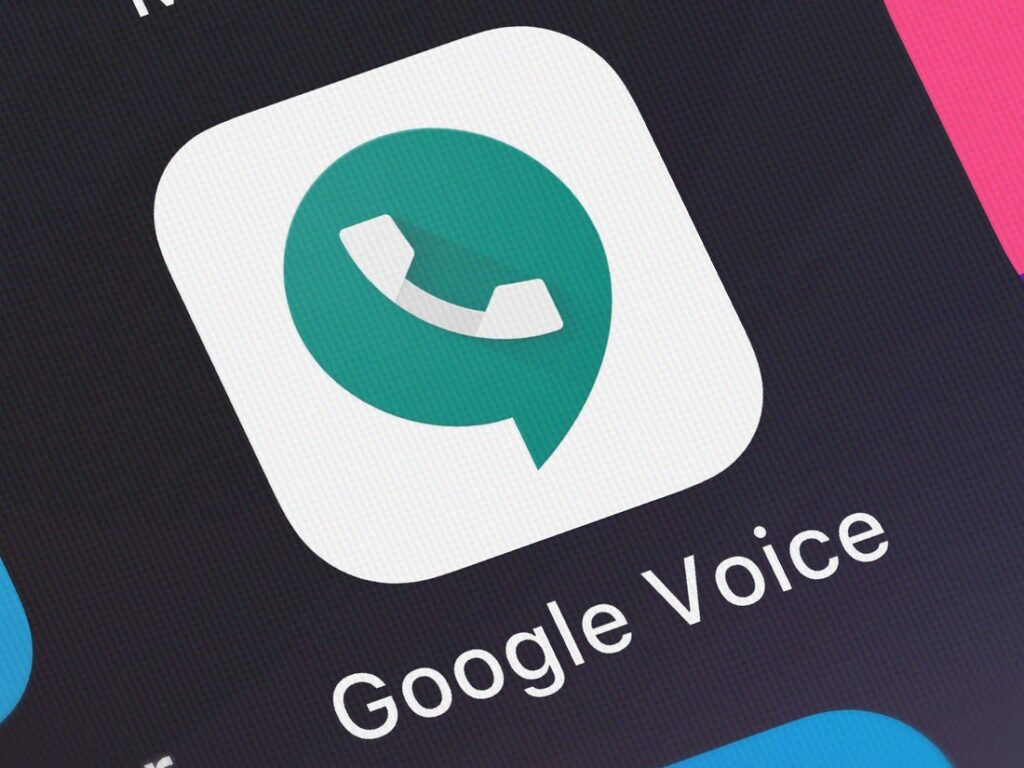
If you already planned to have a US number — maybe for your business or because you’ll call the US a lot — that’s fine! A Skype number would be great for this, and I actually recommend getting their “unlimited calls to the US” package for $3 – 4/month.
Keep in mind, however, if you do use a US VoIP number (like Skype, Google, or a third-party service), there will be banks who cannot sent a short-code verification through a VoIP number. Most do, but some don’t.
So, even with this workaround, you might still have to deal with this issue.
(You’ll quickly learn America doesn’t play nice with the rest of the world.)
Cancel services, rent, utilities, etc.
This is pretty straightforward.
If you have TV and internet (which I didn’t), cancel it. For me, I had to cancel my electricity bill — that was about it. I ended my phone service the day after I left the US.
And my condo lease conveniently came to an end around the time I left.
For my car and health insurance, all I had to do was call and let them know ahead of time that I wanted to end my service at the end of my next 30-day billing cycle.

(You will need to get health insurance for your voyage, but more on that later.)
If you own a home, it’s up to you to decide what to do. Sell it, rent it out, Airbnb it — that’s not my expertise, but there’s plenty of great options.
The only thing I’ll say is, often, people hesitate on this step, get stuck, and never leave. Instead, make a HARD decision and commitment and never look back.
The rest will be a lot easier. Which leads me to…
The power of getting rid of your possessions
I used to joke, if someone broke into my home, they would be REALLY disappointed.
I didn’t have much stuff or anything of value. (Plus, it came furnished.)
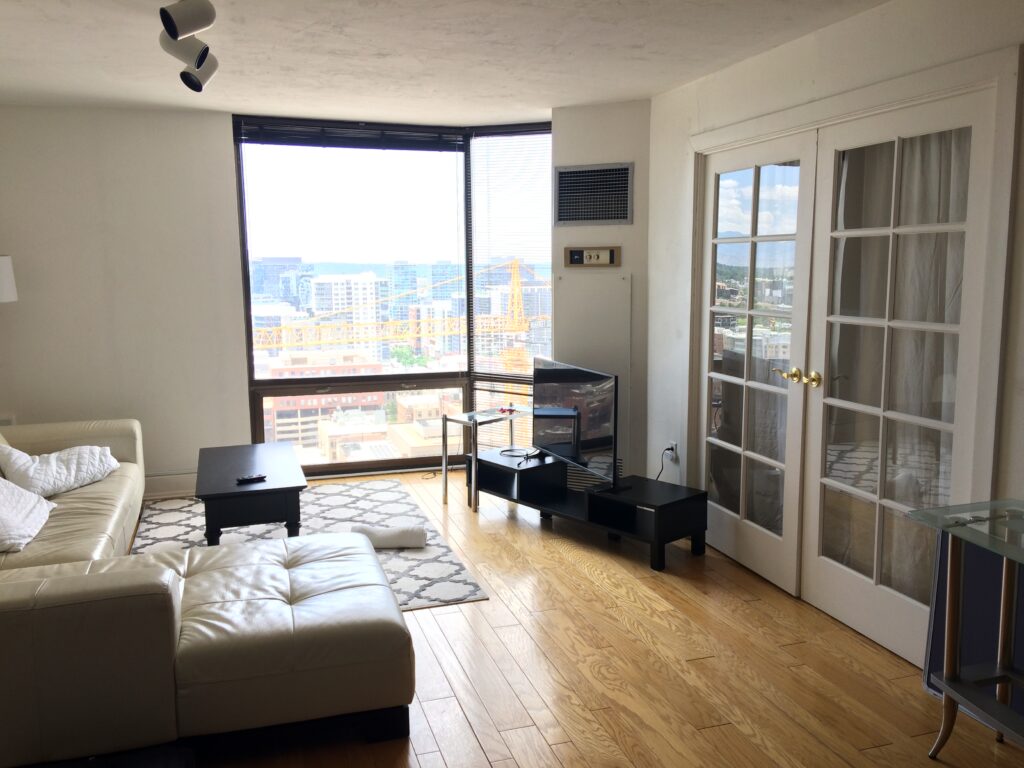
I had some pots, pans, food, a table, and random household items, but I was happy to gift it to my friends, neighbors, and landlord since I would have no use for it.
I donated a lot of my books and clothes. The rest of my few possessions, I brought back with me to my family’s home in LA and dropped it off there. (I later sold my car.)
This is my favorite step, but it’s also a very important step.
Because, by eliminating a lot of your possessions, you “self-signal” to yourself that you really are committed to moving abroad. There is no going back.
As you’ll see later, this will really help you mentally when you’re on the road.
(Plus, I promise, you’ll feel a lot lighter before your departure day.)
Get the RIGHT kind of health insurance (and avoid confusion)
There’s 3 kinds of insurance: Travel, travel health, and international health insurances.
Travel insurance is for losing your luggage or flight cancelations.
Travel health is for emergencies, injuries, illnesses, etc. These plans, however, are for the short-term (several months), but some plans can do up to a year that renews.
International health insurance is basically the equivalent of having major US medical health insurance anywhere in the world (except in America because, as you know, it’s a health insurance wasteland).

So, in other words, anything from checkups, prescriptions, etc. as well as all the emergencies are covered. You can establish primary care too.
I went with GeoBlue’s International health insurance. I could’ve gone with just travel health insurance, but I liked the idea of having checkups covered and basically having the peace of mind of a comprehensive medical plan.
Best part is?
Once you leave America, you can get an incredible health insurance plan for cheap!
Why you should get (or keep) a US mailing address
It would be painfully difficult to ditch US connections all together.
If that’s what you want, that’s cool; but understand that, for many things, living abroad as an American can be a pain in the ass unless you have a “US mailing address.”
You wouldn’t be able to maintain your US-based banks, credit cards, and various services. (You need some physical address.)
There are various services that give you a real mailing address and read you the mail when arrives. For example, Earth Class Mail is one I’ve looked into.
If you have family or friends you trust, then you can use them too.

For me, rather than cutting all ties with the US, I want to travel Europe on an indefinite basis until I find the city that feels best, AND THEN make that my home base, get visas, and set up shop there.
Note: Before you go, you really want to minimize how much physical mail actually receive. (I’ll show you more about this later.)
A bonus tip: Get a VPN
Shout out to my friend, JD.
Getting a VPN is worth considering. Why? Because there are A LOT of US websites that you CANNOT access outside the United States.
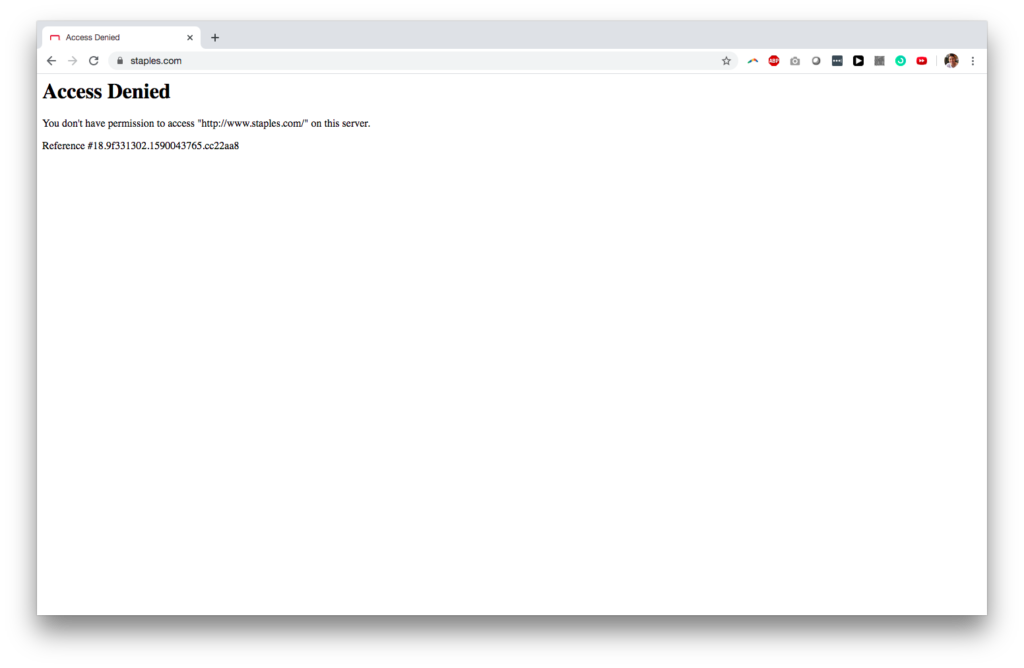
In fact, certain countries are specifically blocked from many key sites. Turkey, for example, blocked Wikipedia.
And if you MIGHT want to go to those blocked sites for various reasons — buying stuff, work, research, etc. — it’s nice to be able to do so with a VPN.
Get a local phone number (plus my trick in Europe)
Since I knew I would be in Europe, I decided to use a little workaround method to have just ONE number I could use throughout.
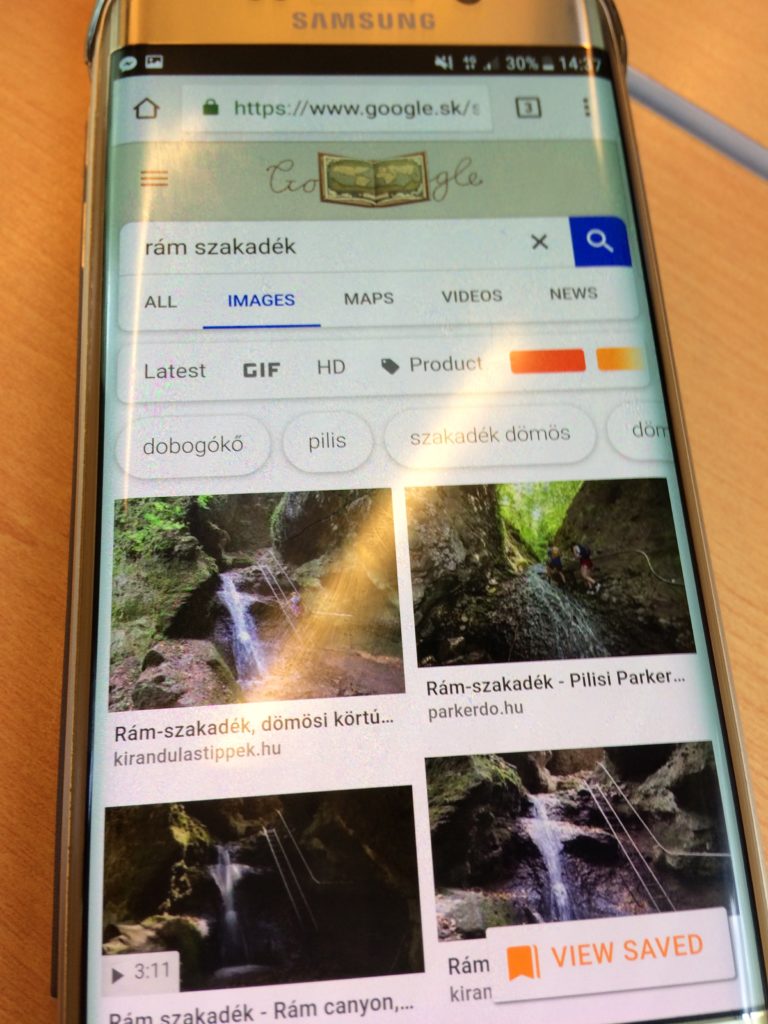
The EU is a “roam-free zone,” which means SIM cards from every country can roam for free and get data across borders, which comes in handy if you have to use your phone as a hotspot.
Because of that, I opted to get a Vodafone UK SIM card before I left — that way, I could have one constant number, communicate with their customer service, and have signal once I landed in Europe.
There was only one problem:
You can ONLY purchase a SIM card in the UK.
Brilliant. So I asked a favor from my Welsh friend and, voilà, I had a SIM sent to him and then he shipped it to me in the US.
Thank God for friends around the world…
Unfortunately, things have changed dramatically. Due to Brexit, UK SIM cards no longer have this feature. Now, every single UK carrier restricts how much you can use your data outside of the UK.
And if you don’t use any data within the UK for a certain amount of months, they will kill your number.
This is unfortunate, but that’s just life on the road. Things change all the time and it has nothing to do with you, not trying hard enough, etc.
For this, I advise you to get a local SIM whenever you arrive in a new country. It’s usually one of the first things — if not the very first thing — I do so I have data, a local number, etc.
There is an interesting workaround with an eSIM card, but to me, it’s not really feasible because it’s just not worth the price since SIM cards and prepaid plans are often really inexpensive in continental Europe.
Get friends you love and trust
I’m so grateful for my family and friends to help me throughout this journey.
It’s obviously not “impossible” to do this completely by yourself, but it’s so much harder.
You’re going to have tough times. (This, I promise.)
You’re going to have moments when you’re upset. You’re going to have moments when you’re angry. You’re going to have moments when you feel terrified. You’re going to have moments when you NEED to talk someone in the US to do something for you.
I’ve been locked down in Albania since the beginning of the COVID-19 pandemic by myself without knowing anyone here (and few locals who speak English at a minimal level).
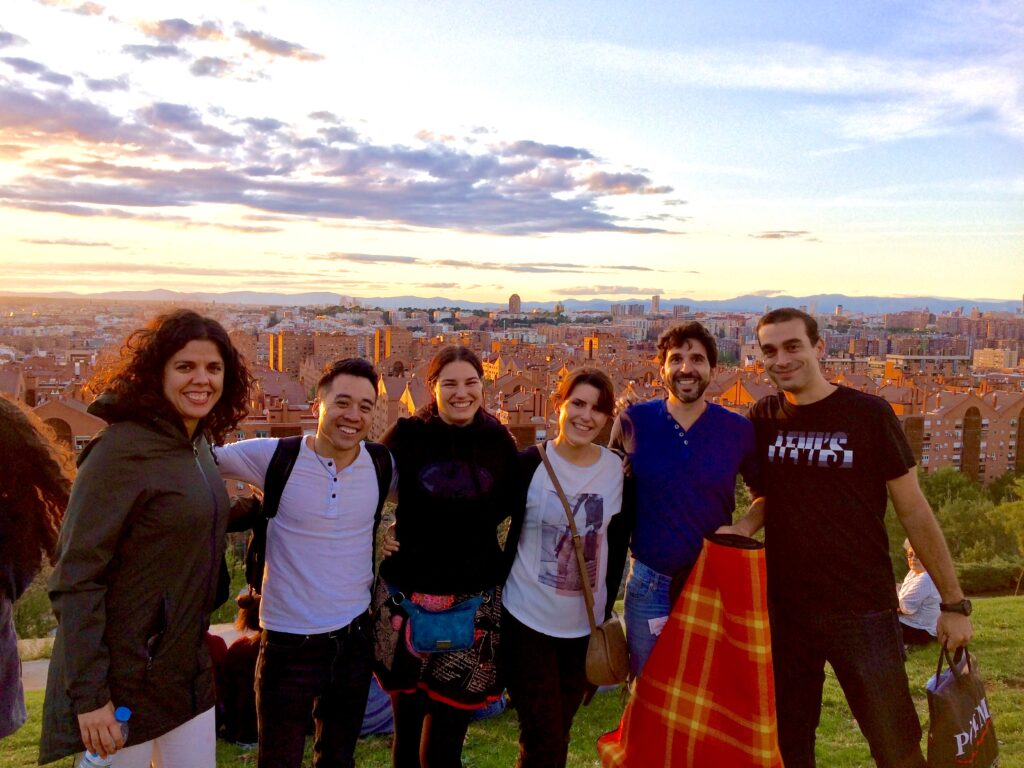
Yet it was my close friends back in the States who helped me stay sane and supported and encouraged me — and I tremendously appreciate it.
When you travel for a long period of time, you will see who your real friends are.
And they’ll make all the difference.
Why you need to automate everything
To work remotely and thrive, you NEED automatic systems so you don’t have to be physically available for anything.
All my work contracts are paid electronically. All my funds are automatically transferred to specific bank accounts for specific uses without me having to conduct traffic.
For this step, I recommend reading I Will Teach You To Be Rich and Four Hour Work Week: These two books will give you a good crash course on how to think about automating your business, finances, and more.
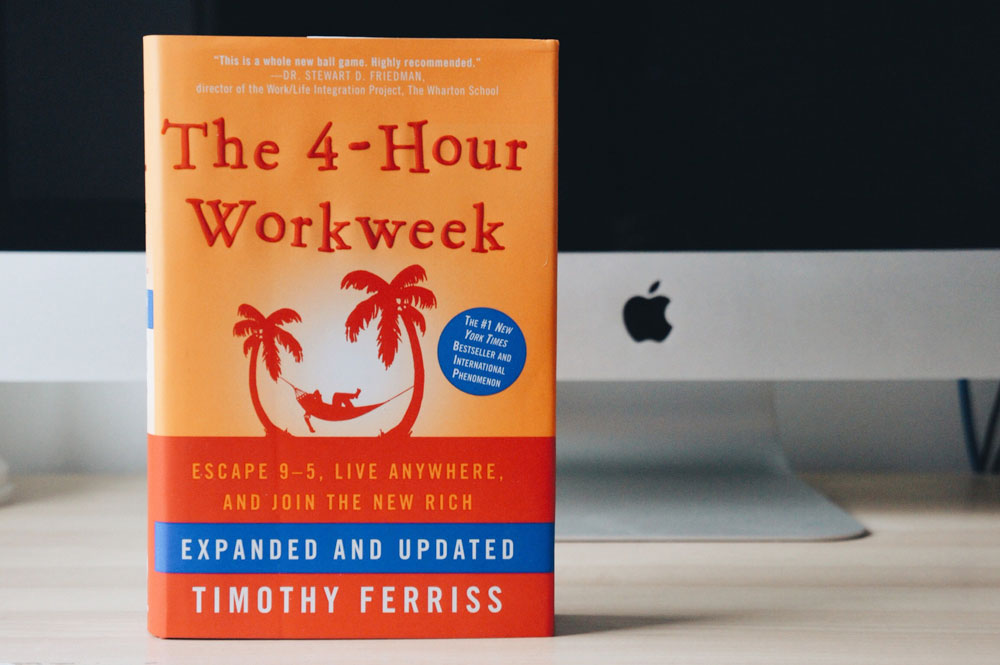
How automated is your current work or a job? If you have employees, are they paid without you needing to check off on things? What banking automations do you use?
Invest the time NOW to build a strong backend system to your business and life.
Reduce your lifestyle
Need to have six pairs of shoes, various wardrobes, and specialty grooming products?
Before you go on a long trip, scale back on your lifestyle.
When you live out of a tiny suitcase, it helps to make things very low-maintenance.
An easy approach is to use the 80/20 rule:
- What 20% of your possessions do you use 80% of the time?
- What 20% of your hobbies gives you 80% of your enjoyment?
- What 20% of your activities do you perform 80% of the time?
Find that “20%” and get rid of the rest.
For example, I only wear the same few things so I didn’t need to bring more. Most of my hobbies revolve around fitness and travel so I just needed to pack a few workout clothes and a nice pair of athletic shoes.
See what you can “live without.”
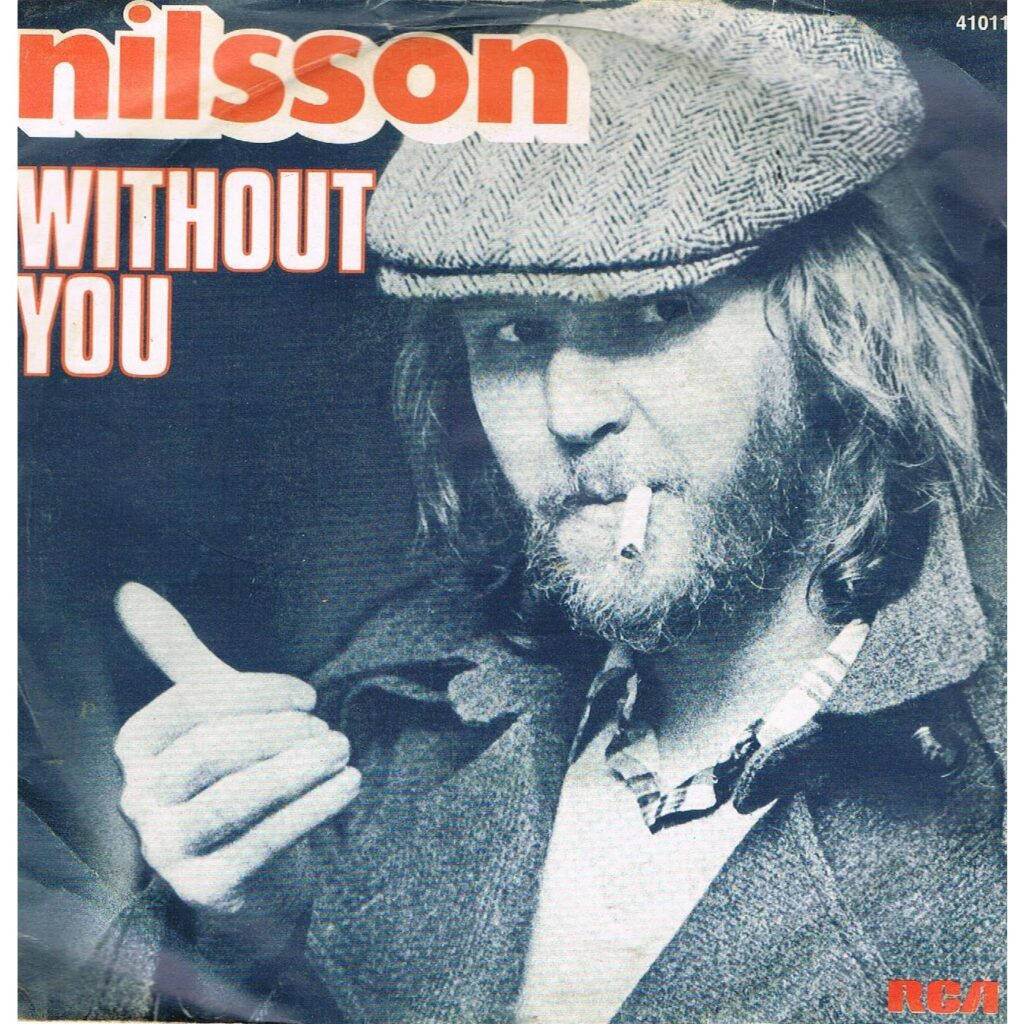
It makes it so much easier to travel and explore, and it’s a good life exercise too.
If possible, take a practice trip
Even if you already work remotely, doing it while living abroad is a HUGE challenge:
For your business, your finances, your mental, physical, and emotional health, and your life.
You have to have ironclad routines and focus (which I’ll show you later in this article), efficient and effective systems, and a whole lot of patience and resilience.
So here’s my advice:
Before you decide to leave the US indefinitely and travel the world, if possible, take “practice trips” to fine-tune your ability to work while abroad.

4 – 6 week-long trips is the sweet spot. I’ve done this many times, and each trip I learned something, discovered a trick, or made a mistake to avoid for the next go.
By the time I boarded my one-way flight to Europe in 2019, I was more-than-ready.
Planning your trip
How to find the right accommodations
I use Airbnb because I like having a home — I like feeling like the place is mine and I can do whatever I want (within the rules, lol).
When choosing the right Airbnb, decide what’s most important to you.
I value location and cleanliness over anything else. (For others, they may have different desires — a crib, a lower price, more rooms, etc.)
But I like being the middle of the action so I’ll pay a little more to get a better spot. I also make sure there’s air conditioning (in the summer) and a laundry machine.
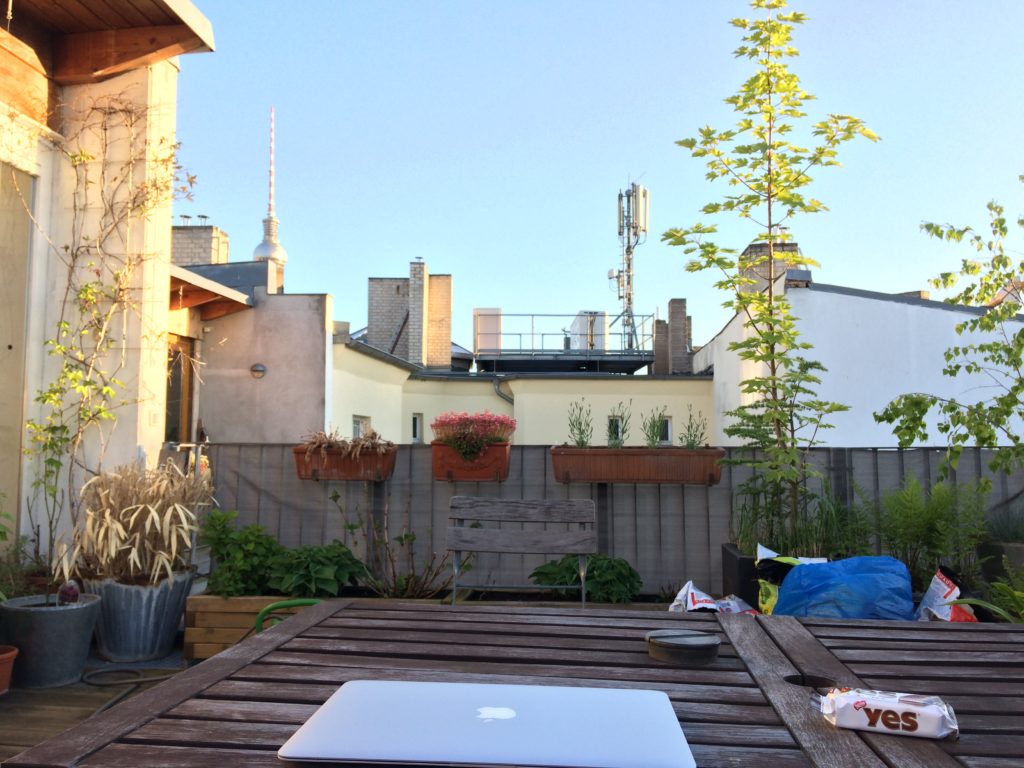
Then, CAREFULLY scrutinize the reviews.
People on Airbnb are generally too nice. (Even if the host is a slumlord, they’ll probably still get, like, 4.5-stars.)
Read between the lines. If several people complain about the same thing, it’s big.
One thing that helped me was to look at each image and visualize yourself there. And if there’s anything COVID-19 taught me, you should always splurge for something a little better because you never know if you have to say inside all day.
If your work relies on the internet, you can choose your place specifically for wifi speed.
Here’s a tip:
ALWAYS SEND MESSAGES TO THE HOST BEFORE YOU BUY. ALWAYS.
Ask about the place. Ask about what comes with it. Oftentimes, if you stay for more than a few weeks, they give you a free weekly cleaning.
Ask for a discount if they don’t have one. Everything is negotiable and it’s in their best interest to have someone do a long-term stay so you have a lot of bargaining power.
Do NOT be afraid to ask politely.
It’s also a good way to assess the responsiveness and communication of the host, which definitely comes in handy when there are problems (or, uh, pandemics).
Here’s another tip:
When something’s wrong at the Airbnb, say something immediately. Don’t just “live with it.”
Maybe they can’t fix it, but by messaging them, you cover your ass if anything goes wrong.
When I first arrived in Albania, the shower didn’t work well. (The water was dripping out so I mentioned it and replied, it was “normal.”) A week of shitty showers later, the water completely broke and it turns out I was right all along.
Because I said something from the first day, Airbnb ruled in my favor and gave me the maximum refund possible and credit to book a new Airbnb.
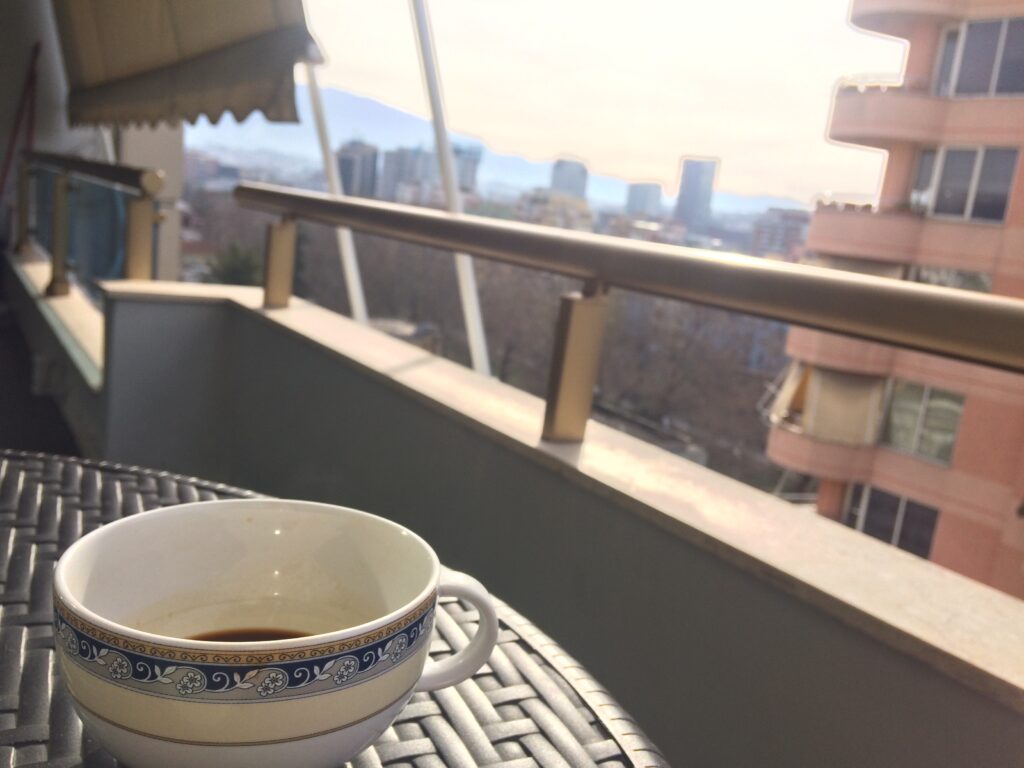
Whenever there’s an issue, which will happen after enough times, the resolution center is built to handle these issues and they will go back in the message history to see.
That’s also why all your messages should be via Airbnb and not WhatsApp, text, etc.
Update: Another important lesson I learned from a difficult experience with an Airbnb host is that THE HOST IS THE MOST IMPORTANT FACTOR.
I used to think that location, cleanliness, and things like that were the most important thing when choosing an Airbnb. But now I learned that your host is the most important thing. Why?
Because if anything happens, they are the one who is going to define your experience.
Having a not-so-nice host is like having a crappy roommate: Every time you come back to your place, you’re going to have to deal with them. And if they’re not working with you, it’s going to be a struggle.
Thus, the importance of messaging them first and getting a feel for how they are, how responsive they are, how flexible they are, etc.
How long to stay at each place
If you’re traveling around, stay in each city IDEALLY for at least one month.
Here’s why:
1) Moving from city to city is exhausting. (It’s basically the equivalent of “moving” in the US, minus the U-Haul vans.) I have to pack and unpack my suitcase and drag it across town, train stations, bus stations, and airports. I have to interrupt my work schedule. I have to acclimate to a new city/country/climate/language/culture/etc.
2) Being in a place for longer durations allows me to enjoy myself, get a feel of the city and culture, visit more things, stay in shape, and finish work projects.
3) It lets you get into a good work routine when you’re in one spot for longer.
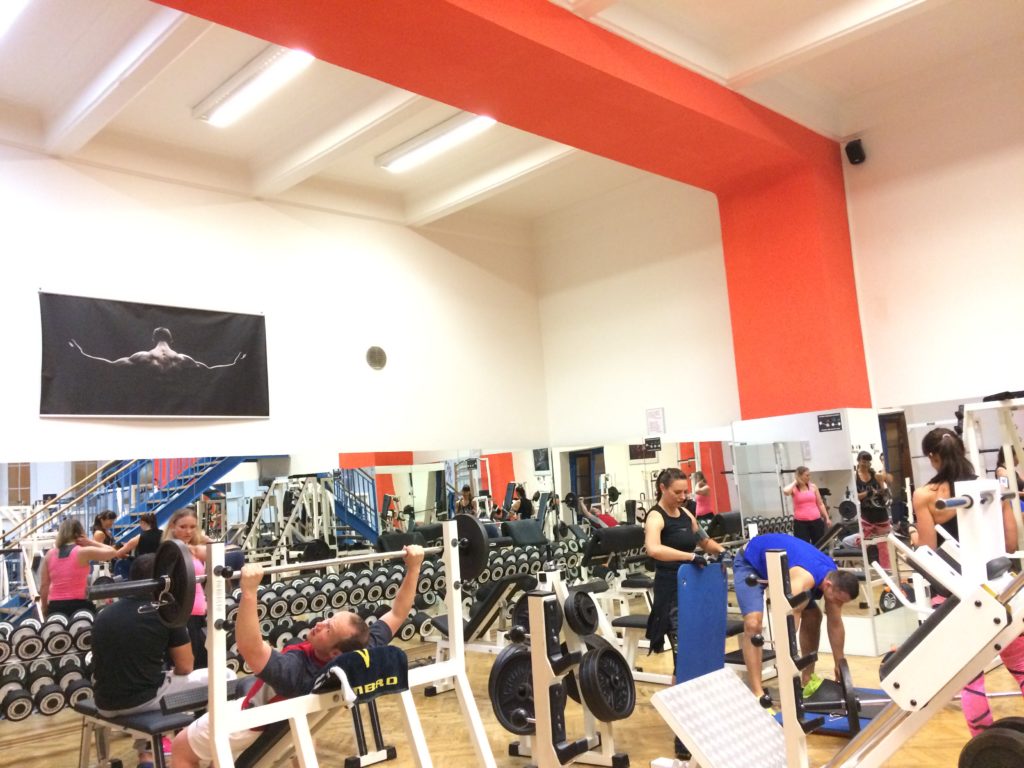
5) Generally speaking, the longer you stay, THE CHEAPER IT IS! Again, Airbnbs offer discounts for longer stays and you spread your transit costs across a longer period of time.
Why you should book in advance
Some people like to just get to a country and find accommodations as they go along.
That’s fine, but I don’t like that style, especially for remote workers who want to travel in comfort.
All the best Airbnbs in major city centers are usually booked 4+ months in advance (and even if they’re not, they only have short availabilities scattered across random dates).
You also have to constantly ask yourself, “Should I stay?” and “Where should I go next?”
That might work when you’re 23, on vacation, and backpacking in South America. But when you’re, say, 42, married, and working remotely as project manager, that don’t fly so well.
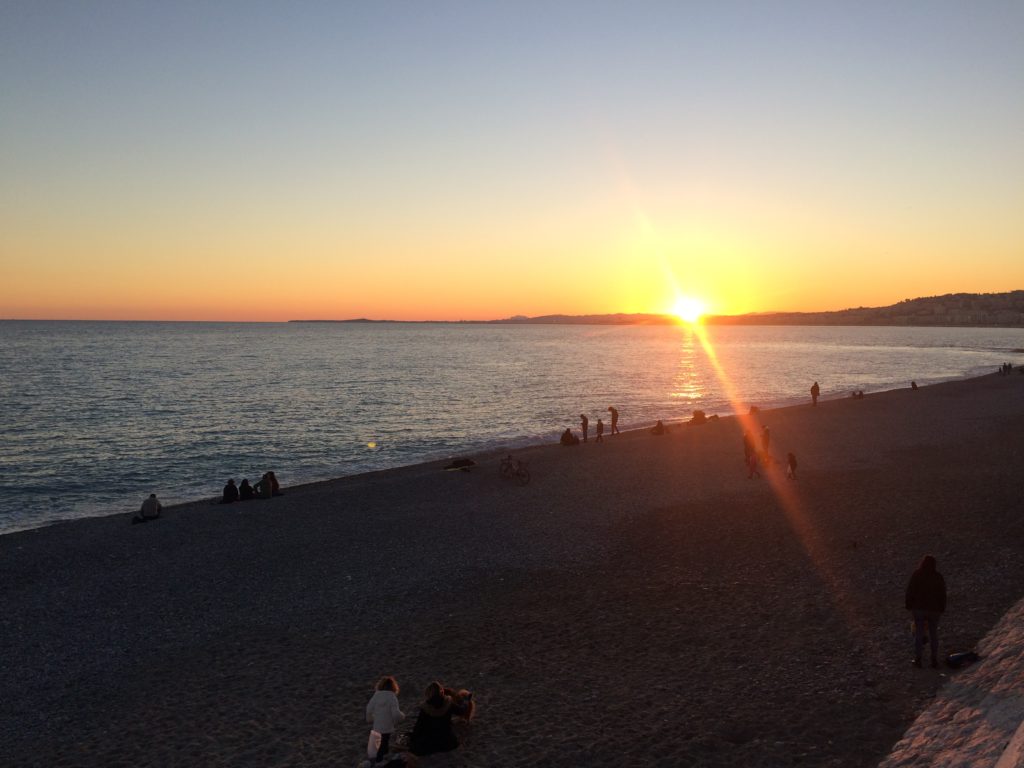
Instead, I like to have all my accommodations booked out 4 – 6 months in advance including transit as well.
For me, four months is a good sweet spot where I have enough buffer time to make decisions, plan ahead, find deals, and optimize — and then not think about it anymore.
Get the relevant visas (Update: and “other” info)
This depends on where you’re going and how long.
Since I’m traveling around Europe, I have to be aware of Schengen Zone restrictions. Fortunately, due to my durations and destinations, the only visa I had to get was for Turkey.
(By the way, I find it astonishing how many Americans have been to Europe but have no idea what Schengen is.)
Do NOT overstay your visa.
Yes, the Schengen zone is complicated because of the “rolling 90/180 rule,” but there ARE online calculators to help you determine when you should leave and when you can come back and for how long.
If you want to stay longer, there are other options:
Some countries allow you to get a long-term visa if you make a certain income, promise not to get a job in their country, have a certain amount of savings, and meet other minimum qualifications (health insurance, no criminal record, etc.).
If you’re already working remotely or running a business, you should have a better chance.
Several countries even offer freelancer visas like Portugal, Germany, and Estonia.
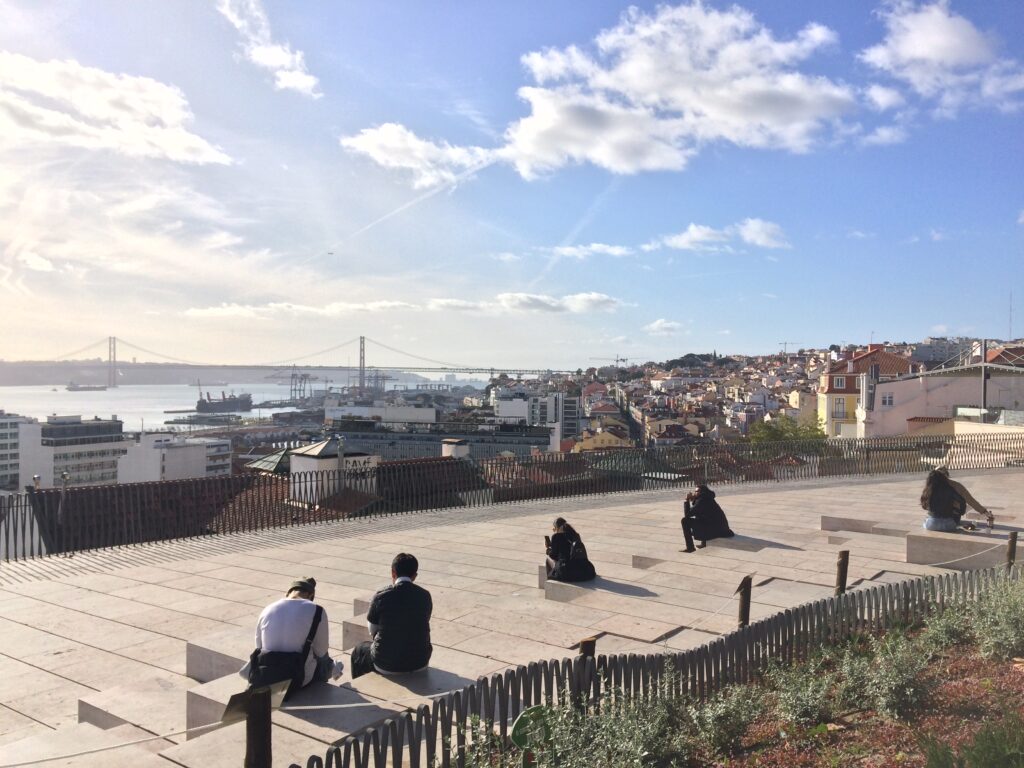
You can even become a student and take an immersive language course, which I would HIGHLY recommend if you really do want to settle down in that nation.
UPDATE: Also, depending on where you go and when you go, you must be aware of the COVID-19 restrictions.
They change based on your citizenship, the country that you’re coming from, how long you’ve been in that country, how long you’ll be in your destination country, and your vaccination status (if you’ve been vaccinated).
At the time of me writing this (26/7/2022), Europe has lifted all of its travel restrictions on COVID-19.
HOWEVER, IF THERE’S ANYTHING I’VE LEARNED OVER THE LAST TWO YEARS, THAT DOES NOT MEAN THAT THEY WON’T FLIP THE SWITCH OVERNIGHT AND TURN ON ALL THE TRAVEL RESTRICTIONS ALL OVER AGAIN.
So yeah, keep that in mind.
How To Succeed During Your Trip
My tips on packing light (from 10 years of travel)
Despite packing for big climate swings, I did a year in Europe with just a carry-on suitcase and my backpack. (If anything, I have less stuff NOW than when I arrived.)

When you pack, think about versatility:
For example, bring 3 shirts and 3 pants that give you 9 different outfits rather than just three. Or bring certain kind of tops that you easily can “dress up” or “dress down” by throwing on a blazer, wearing a bomber jacket, or wearing shorts and crispy sneakers.
When packing, stuff your socks and underwear into your shoes to save space.
Then, simply buy toiletries and supplies once you get to your destination.
Also, remember you’re already wearing clothes when you fly so be tactical about how you dress on a plane. (I usually wear my blazer so I don’t have to fold it into my carry-on.)
The power of an awesome morning routine
The key to being super productive is to conquer the first three hours of your day.
It’s when you’re most alert, focused, and productive. Create an insanely powerful morning routine where you get motivated, remind yourself of your goals, get into a state of “flow” (i.e. total focus), and do undistracted, hyper-focused work.
Even better, if you finish all your work by lunch, you have the entire afternoon to explore and have fun.
With time differences, however, this can get tricky for some remote workers.
Reduce how much you need to be synced up with time zones. If your business day HAS to align with Los Angeles, for example, it limits your freedom and flexibility.
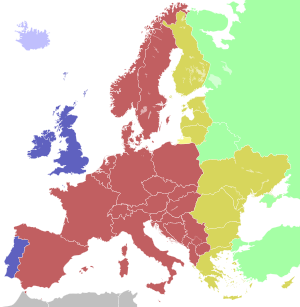
Reduce how many emails need to be responded to immediately. Eliminate as many phone calls or digital meetings as possible. Set up your tasks so they don’t need to be delivered same-day or same-hour.
This isn’t always possible, but do what you can. It makes a big difference.
Why you need to stay grateful and humble
We can all agree: Being able to travel the world while you’re working is a great privilege.
But I recommend demonstrating thankfulness and a dash of modesty. Be tasteful with how you talk about your trip and what you share about it.
I swear I see what is better than to tell the best,
— Walt Whitman
It is always to leave the best untold.
Because at the end of the day, I’m no “better” of a person than I was before I left.
Take pride in what you did to get here and did to build your life the way you want.
But I don’t — for one second — think I’m “better” than others just because I took a picture in front of some tourist attraction and someone else didn’t.
I also avoid doing things purely “for the ‘Gram,” “for likes,” or for some self-serving purpose.
But it’s more for longevity. (More on that below.)
(By the way, I’m aware I displayed my travel history in this article, but it’s only to show I’m not speaking from ignorance, but from real experience. 😜)
How to avoid “burn out” and regret (this is a tough one)
Sometimes, people get exhausted and burn out after a period of time, then go back home.
But I often notice that some — not all, of course — are fueled by a desire to prove themselves, compare themselves, show off, enjoy the “digital nomad, etc.” label, and feel cool.
There’s nothing wrong with that (I’m human too), but the problem is, if that’s their main motivation, they eventually will get “burned out,” regret their decision, and go home.
To me, the key to avoiding regrets is to go on your journey for the RIGHT reasons.
Here’s my acid test:
If no one knew about your world travels — and you can never tell anyone about it — would you still do it?
In other words, if everyone thought you were still in your same city in the US, working your same job, and you could never share one single story, tale, photo, video, souvenir, etc. with anyone else you know in the present or future, would you still leave the US and move abroad?
Here’s why I ask:
To withstand the tumultuous ups and downs of live abroad (and there are many), it helps to have core reason from deep inside, one independent of anyone and anything else.
Because no amount of “stamps in a passport” or “likes on Facebook” will give someone the self-esteem, validation, or self-worth they’re looking for.
For the first few months, I actually stopped taking photos of myself because I realized it was almost always to “plan ahead” and share on social media. I already know what I look like!

Ultimately, the main reason I moved abroad isn’t “to see the world” or because it’s the “cool thing to do when you’re still young.” (Or to “find myself.”)
I moved because that’s how I see myself. It’s the person I want to become.
So I simply adjusted my life to match that vision.
Sure, when I was deciding to leave, I worried about what I would “miss out on” if I left. I even wondered WHY I wanted to give up a comfortable, pleasant life in Denver, my home of 5 years, and go for something completely uncertain and unknown.
But when I uncovered my REAL reason, everything became so much easier.
And I never looked back.
(That’s also why I dumped a lot of my possessions as I mentioned earlier; it was the equivalent of “burning the ships” and eliminating any possibility of “retreat.”)
Also, to reduce “burn out,” reduce the tendency to judge circumstances.
As I wrote before, it’s hard for me to answer the question, “Do you like it in Europe?”
To me, at least, the journey isn’t about “like” or “dislike.”
It’s not about the win or the loss; if we are here to experience, then we are free.
— W. Timothy Gallwey, the inner game of tennis
Being here is an experience, and I’m here to experience it.
Heck, since I’ve arrived in Albania, I’ve been the target of unanticipated racism, unexpected physical threats, and insulting behavior that completely caught me off guard!
But by being present and viewing situations without judgment — good or (very) bad — I avoid getting attached to all the ups and downs and the emotions that come with it.
That’s why, I haven’t — for one second — regretted moving abroad.
If anything, not one day has gone by where I haven’t been grateful for leaving, even during COVID-19!
Some may doubt it’s possible, but I assure you it is.
And I want that for you.
Look deep inside as to why you want to leave and I hope it helps you feel the same way too.
How to stop feeling guilty
On the opposite end of the spectrum, there were times I felt a little guilty.
Sometimes, I finished all my projects and had several consecutive days with ZERO work. Meanwhile, a voice inside yelled, “What the HELL am I doing?”
Almost everyone else I knew was working. Almost every other tourist I met was visiting for a few of days. It was as if a part of me wanted more work so I wouldn’t have it so nice.
Stop it.
This is nothing more than the inertia and programming of societal “norms” and “pressures.”

Again, it helps to express gratitude.
Also, it helps to spend less time in your head and spend more time in the present.
Focus on appreciating and loving others.
You’ll realize what you do and what others do won’t matter.
And you will have finally arrived.
Last, but not least: Represent your nation well
Whenever abroad, I remind myself I’m always representing my country and hometown.
YOU ARE THE AMBASSADOR FOR THE UNITED STATES OF AMERICA.
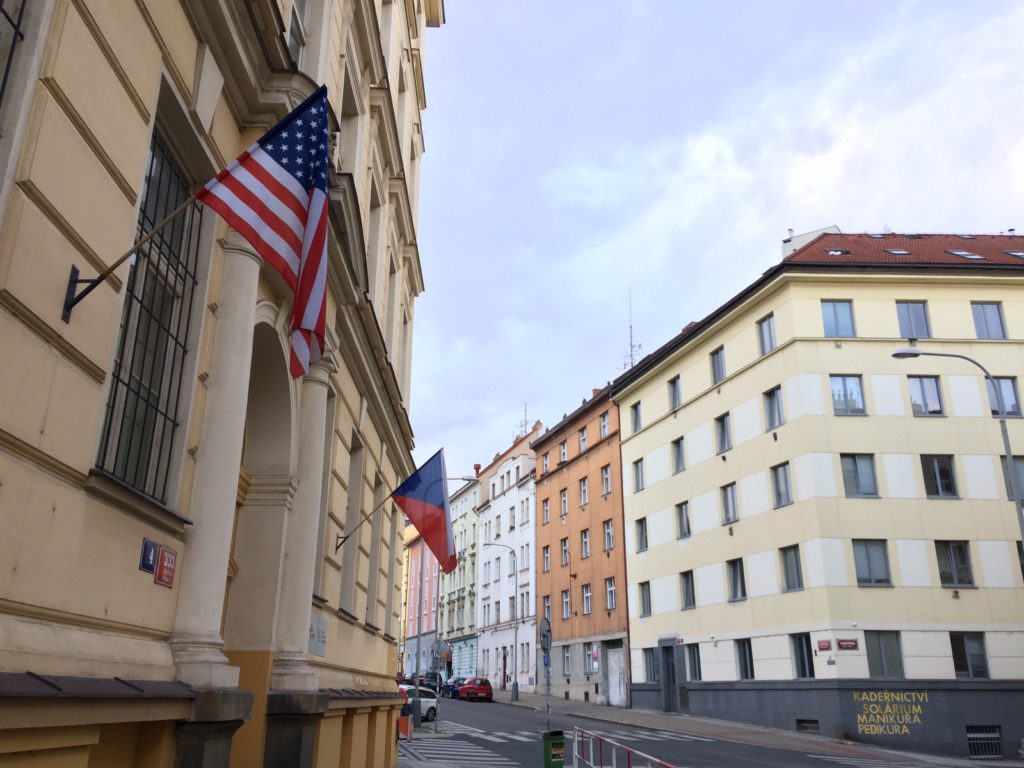
Be respectful. Be polite. Be a good guest.
Make an effort to start conversations and talk to locals.
When someone asks you about your home country, city, or culture, be warm, welcoming, and positive. Focus on the good, not the bad. (You might be the first American they’ll ever meet; how you answer might be remembered and valued more than you think.)
At the same time, take a genuine interest in other cultures and traditions.
Never expect someone or someplace to cater to you.
Do use the local language. (Write key phrases on paper and recite them, if you have to.)
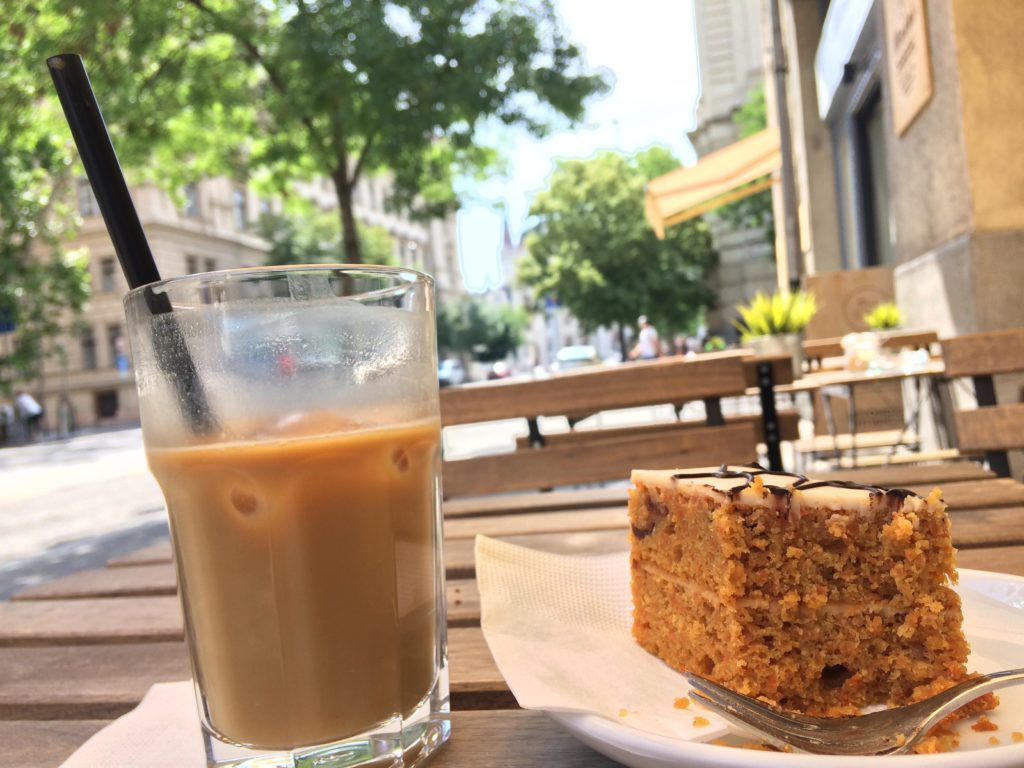
Do ask questions about their history and lifestyle.
If certain norms confuse (or even anger) you, take it in stride. (That doesn’t mean you shouldn’t, say, report a crime; I just mean it helps to avoid “judging” all locals.)
Avoid saying people need to do things “more like America.” Each time you do, you create a little resentment inside and increase your odds of fleeing back to the US.
Even if people are extremely rude to you — which happens sometimes for absolutely no reason — just embrace it for the growing experience.
Put your best foot forward, always, and good things will happen.
And welcome home.
Anthony’s note: This article was originally published in July 2018 and has been completely revamped and updated for accuracy and comprehensiveness. (Latest update: 26/7/22)
Awesome and enlightening as always.
Thanks, Candace! you were a tremendous inspiration all those years ago. 🙂